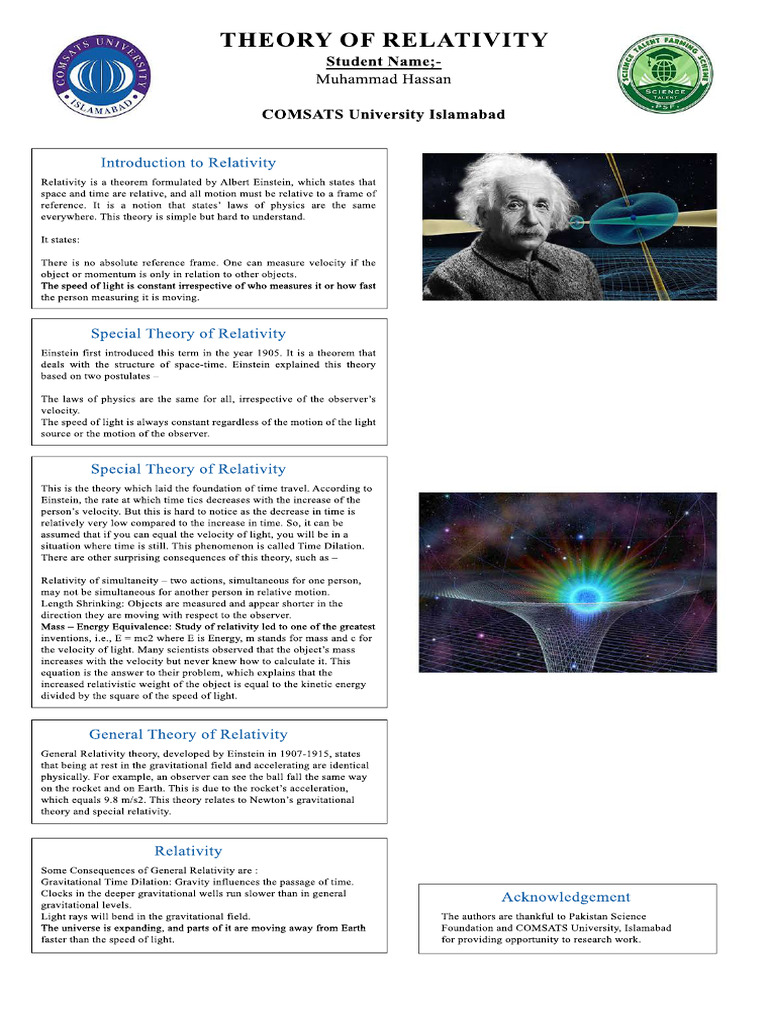The teachings of the Bahá’í Faith present a profoundly innovative perspective on the interrelationship between religion and humanity’s search for truth. One particularly compelling concept is the notion of “Religious Relativity,” which posits that all major world religions stem from a single divine source. This foundational idea rejuvenates the discourse on the purpose of religion, its manifestations, and the broader implications of interfaith dialogue. This article delves into the key tenets of Bahá’í teachings regarding religious relativity, elucidating their relevance and impact on contemporary society.
Understanding the Foundations of Religious Relativity
The Bahá’í Faith, founded in the mid-19th century, espouses that the world’s religions should be viewed through a prism of relativity rather than absolutism. This notion emerges from the belief that all major religions are successive chapters in a single divine narrative. The Bahá’í teachings advocate that while religions may differ in their laws and rituals, their core spiritual principles—namely the oneness of God, the oneness of humanity, and the pursuit of justice—remain consistent across time and cultures.
This perspective challenges the traditional notion of religious exclusivity, which often leads to sectarian conflict and ideological divisions. By reframing the dialogue around religious beliefs as interconnected rather than conflicting, the Bahá’í approach fosters an environment conducive to mutual understanding and respect among diverse religious communities.
The Role of Prophets and Manifestations
Central to the Bahá’í understanding of religious relativity is the concept of “Manifestations of God.” These individuals—such as Moses, Jesus, Muhammad, Krishna, and Bahá’u’lláh—are regarded as divinely appointed educators sent to humanity at different epochs. Each Manifestation brings a new revelation, adjusting the universal truths to meet the needs of their contemporary societies while maintaining an underlying spiritual continuity.
In this context, Bahá’u’lláh, the founder of the Bahá’í Faith, is seen as the latest Manifestation, fulfilling the teachings of previous religious figures and offering guidance suited for a globalized world. This concept of progressive revelation posits that God’s guidance is offered not in an unchanging form, but rather evolves with human maturity, thereby granting each religion a purpose aligned with the era it addresses.
Cultivating Unity through Diversity
This theory encourages adherents to appreciate the manifold expressions of faith that exist. The Bahá’í view asserts that diversity among religions enriches the human experience. Each faith tradition offers unique insights and practices that can complement one another. Unity in diversity promotes inclusive dialogue, allowing individuals to traverse beyond the superficial boundaries of dogma and to explore shared ideals, such as compassion, service, and the quest for truth.
Through this lens, religious relativity becomes a vehicle for social cohesion. When individuals recognize the common spiritual heritage they share, it can diminish prejudice, mitigate enmity, and engender a global sense of community. The Bahá’í teachings emphasize that an appreciation for this diversity is not merely an academic exercise but a crucial component of humanity’s survival, particularly in an increasingly interconnected world.
The Ethical Implications of Religious Relativity
The ethical ramifications of the principle of religious relativity extend far beyond interfaith dialogue; they resonate within broader societal contexts. The Bahá’í teachings implore individuals to evaluate their actions through the lens of justice, equity, and service to humanity. Such ethical engagement becomes paramount as communities grapple with persistent global challenges, including inequality, environmental degradation, and conflict.
In embracing the tenets of religious relativity, Bahá’ís are urged to advocate for human rights and work towards the betterment of society. This commitment is not limited to mere tolerance; it embodies an active pursuit of understanding and assisting others, thus laying the groundwork for a just and equitable society. By transcending allegiances to a singular religious narrative, individuals can unite in the quest for solutions to endemic global issues.
Confronting Skepticism and Misunderstanding
Despite the compelling arguments for religious relativity, skepticism persists. Critics may argue that such an inclusive worldview trivializes the profound distinctions between faiths. Indeed, the intricacies of religious doctrine and cultural heritage cannot be overlooked. However, the Bahá’í stance maintains that recognizing the relativity of religions does not imply the negation of individual beliefs; rather, it elevates the conversation to explore how these distinct beliefs contribute to a shared human narrative.
By addressing such skepticism head-on, the Bahá’í teachings invite a more nuanced understanding. The objective is not to homogenize diverse faith experiences but to cultivate a genuine appreciation for the richness they bring to spiritual discourse. Bahá’ís emphasize that acknowledging the relativity of religion does not undermine the fervor of individual belief; on the contrary, it enhances one’s faith journey by promoting a broader spiritual context.
The Future of Interfaith Interaction
As the world continues to grow more interconnected, the relevance of Bahá’í teachings on religious relativity gains traction. It serves as a potential framework for resolving religious tensions and fostering collaboration among disparate belief systems. Educational initiatives and community service projects rooted in the principles of unity and service can galvanize a more harmonious future, allowing diverse populations to collaborate towards common goals.
Ultimately, the exploration of religious relativity within the Bahá’í Faith provides a vital contribution to contemporary discussions on faith and spirituality. By promoting a respectful appreciation of diverse beliefs while emphasizing common values, Bahá’í teachings offer pathways for building a more united, compassionate, and just world.
